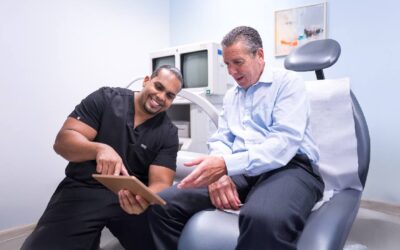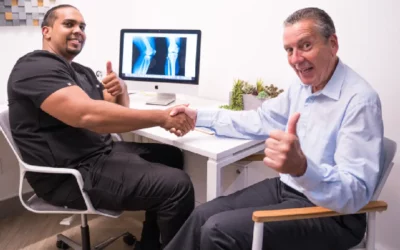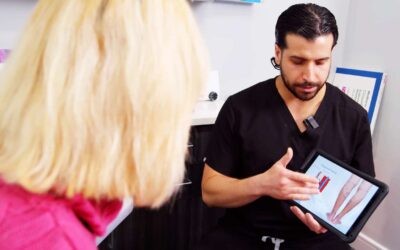Who Treats Varicose Veins? And Other FAQs
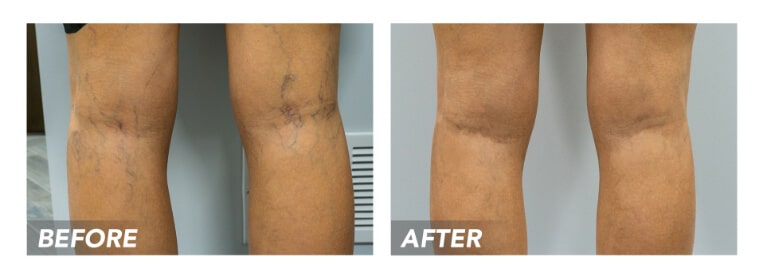
Who treats varicose veins?
Varicose veins are swollen, twisted veins that can be seen bulging from the skin’s surface. They commonly appear in the legs and ankles and can cause discomfort and embarrassment. If you’re wondering who treats varicose veins and other related questions, you’re in the right place. Here’s what you need to know.
When treating varicose veins, you’ll want to see a phlebologist or vein doctor. A phlebologist is a medical doctor specializing in diagnosing and treating vein disorders, including varicose veins. These doctors have the training and expertise to properly diagnose and treat your condition, ensuring you get the best possible care.
What do you call a doctor who treats varicose veins?
As mentioned above, a doctor who treats varicose veins is called a phlebologist. This term comes from the Greek word “phlebos,” which means vein. These doctors are highly trained in diagnosing and treating vein disorders and are the best choice for anyone seeking treatment for varicose veins.
Can a dermatologist fix varicose veins?
While dermatologists are experts in treating skin conditions, they are not typically trained to treat varicose veins. While dermatologists may provide some basic care for varicose veins, they cannot handle more complex vein disorders.
Generally speaking, dermatologists can perform sclerotherapy and other cosmetic treatments for spider veins and small varicose veins, so they can help with the visible symptoms on the skin’s surface. But dermatologists can’t diagnose or treat underlying chronic venous insufficiency. If you have varicose veins, please consult a phlebologist for proper treatment.
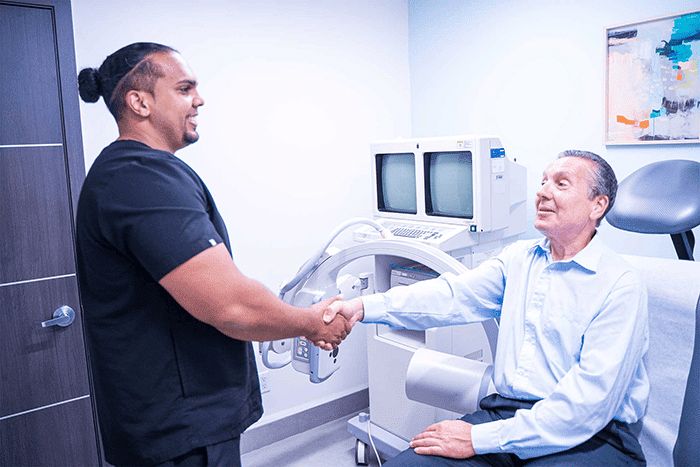
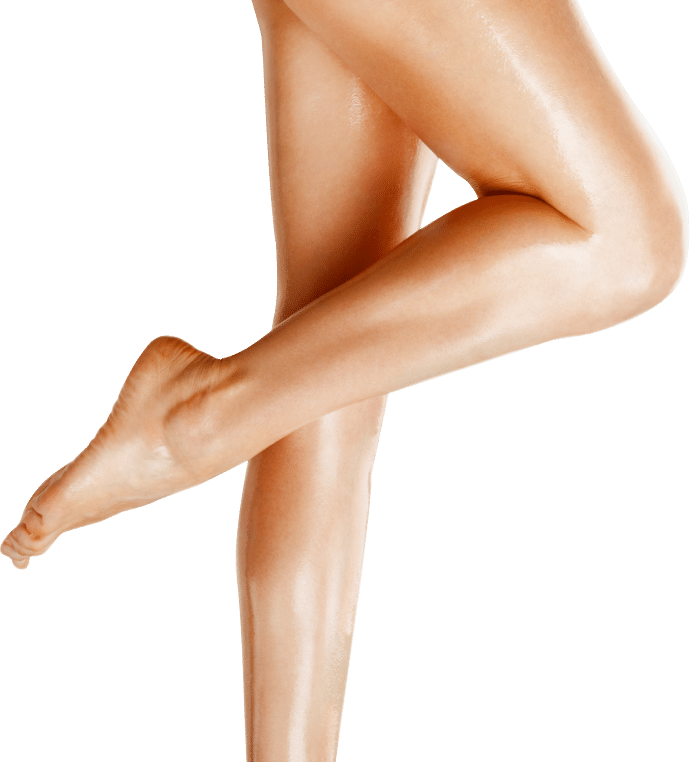
BOOK AN APPOINTMENT
Do you have any symptoms? Consult now with one of the Best Vein Specialist in New Jersey
Do cardiologists treat varicose veins?
No, cardiologists do not typically treat varicose veins. Cardiologists are medical doctors who specialize in diagnosing and treating heart conditions. While varicose veins are a symptom of chronic venous insufficiency, a circulatory disorder that prevents optimal blood flow to the heart, they aren’t heart problems. If you have concerns about your veins, it’s best to see a phlebologist or vein doctor for proper treatment.
How can I find the best vein doctors?
If you’re looking for a vein doctor to treat your varicose veins, you can do a few things to find the best one.
- Board Certification: One of the most important things to consider is board certification. Make sure that the phlebologist you choose is board-certified in phlebology, as this demonstrates they have received the highest level of training. Your vein doctor should have ideally received certification from the American Board of Venous Medicine.
- Education & Credentials: Besides board certification, look for a vein doctor with a strong education and credentials. Look for a phlebologist who has graduated from an accredited medical school and completed a residency program in phlebology.
- Minimally Invasive Treatments: Another important factor to consider is the phlebologist’s approach to treatment. Look for phlebologists offering minimally invasive treatments for varicose veins, such as sclerotherapy or laser ablation. These treatments are less painful and have a faster recovery time than traditional vein surgery. If you’re interested in minimally invasive procedures, ask your phlebologist about the treatments they offer.
- Insurance Verification: Finally, find a vein doctor who offers free insurance verification. This will help you understand what treatments are covered by your insurance and what out-of-pocket costs you can expect. By working with a vein doctor who offers free insurance verification, you can make an informed decision about your treatment options.
New Jersey Vein Treatment is a group of state-of-the-art medical centers for vein treatment led by board-certified vein doctors who meet the aforementioned requirements. We individually select vein doctors from the country’s leading medical schools and residency programs and ensure they’re board-certified in phlebology. We have offices across New Jersey, including Paramus, Clifton, Woodbridge, Woodland Park, and Scotch Plains.
Please schedule an appointment at your nearest center for vein treatment in New Jersey.
What happens to varicose veins if left untreated?
If varicose veins are left untreated, they can lead to several complications. These include:
- Blood clots: Varicose veins can cause blood to pool in the leg, leading to the formation of blood clots. These clots can be dangerous if they travel to other parts of the body, such as the lungs.
- Skin changes: Varicose veins can cause the skin surrounding the veins to become discolored, itchy, and dry. In some cases, the skin may even develop open sores or ulcers.
- Leg swelling: Varicose veins can cause fluid to build up in the legs, leading to swelling and discomfort.
- Pain: Varicose veins can cause aching and discomfort, particularly when standing for long periods.
- Leg fatigue: Varicose veins can cause the legs to feel heavy and fatigued, making it difficult to walk or stand for long periods.
How to get rid of swollen varicose veins?
Several treatment options are available for varicose veins, ranging from conservative treatments to minimally invasive procedures. Some common treatment options include:
- Conservative treatments: These include wearing compression stockings, elevating the legs while resting, and exercising regularly. These treatments can improve circulation and reduce the appearance of varicose veins.
- Minimally invasive treatments: These include sclerotherapy, laser ablation, and endovenous radiofrequency ablation. These treatments involve injecting a solution or using heat to close off the affected veins, redirecting blood flow to healthier veins. These treatments are less painful and have a faster recovery time than traditional vein surgery.
How do you stop varicose veins from getting worse?
There are several things you can do to prevent varicose veins from getting worse:
- Exercise regularly: Regular exercise, such as walking or swimming, can help improve circulation and prevent varicose veins from worsening.
- Avoid standing or sitting for long periods: Prolonged standing or sitting can cause blood to pool in the legs, leading to the development of varicose veins. Take breaks to walk around and stretch your legs if you need to stand or sit for long periods.
- Maintain a healthy weight: Being overweight or obese can strain the veins in the legs, leading to the development of varicose veins. Maintaining a healthy weight can help prevent varicose veins from getting worse.
- Wear compression stockings: Compression stockings can improve circulation and prevent varicose veins from worsening.
NJ Vein Doctors
Meet our team of New Jersey Vein Treatment Specialists
Vein Treatments are covered by most major medical insurances, including Medicare. Call us today to verify your insurance for FREE >
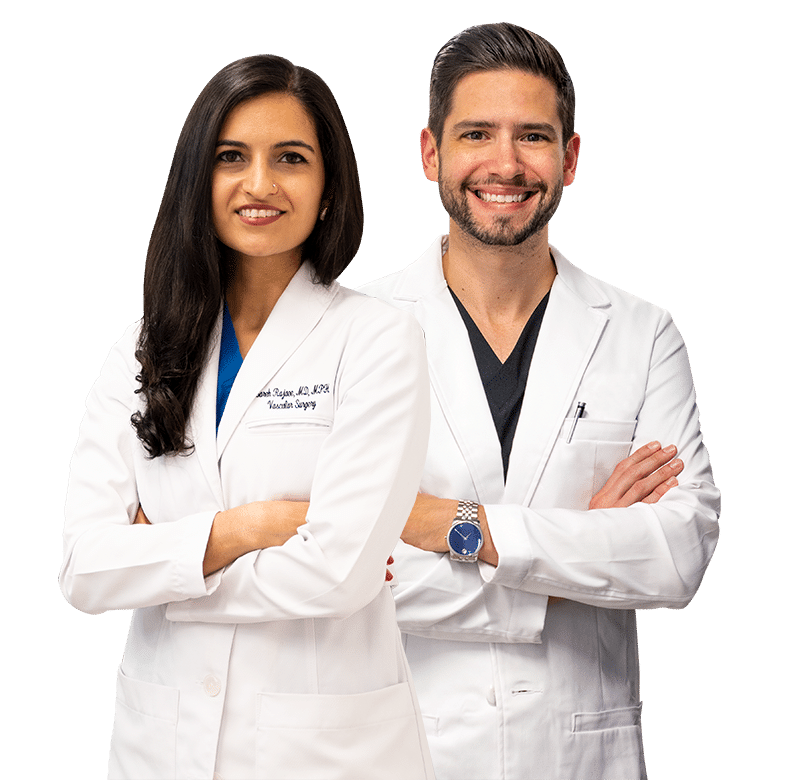
Meet our Team of Top Vein Specialists in New Jersey
Contact us
CALL US
Speak instantly with one of our team members; they will answer any questions you may have regarding insurance coverage, booking an appointment and our vein treatment locations. (973) 946-8082
BOOK APPOINTMENT
Visit our Book Appointment page and instantly request an appointment at the New Jersey vein center. We offer Free Insurance Verification before your appointment.
